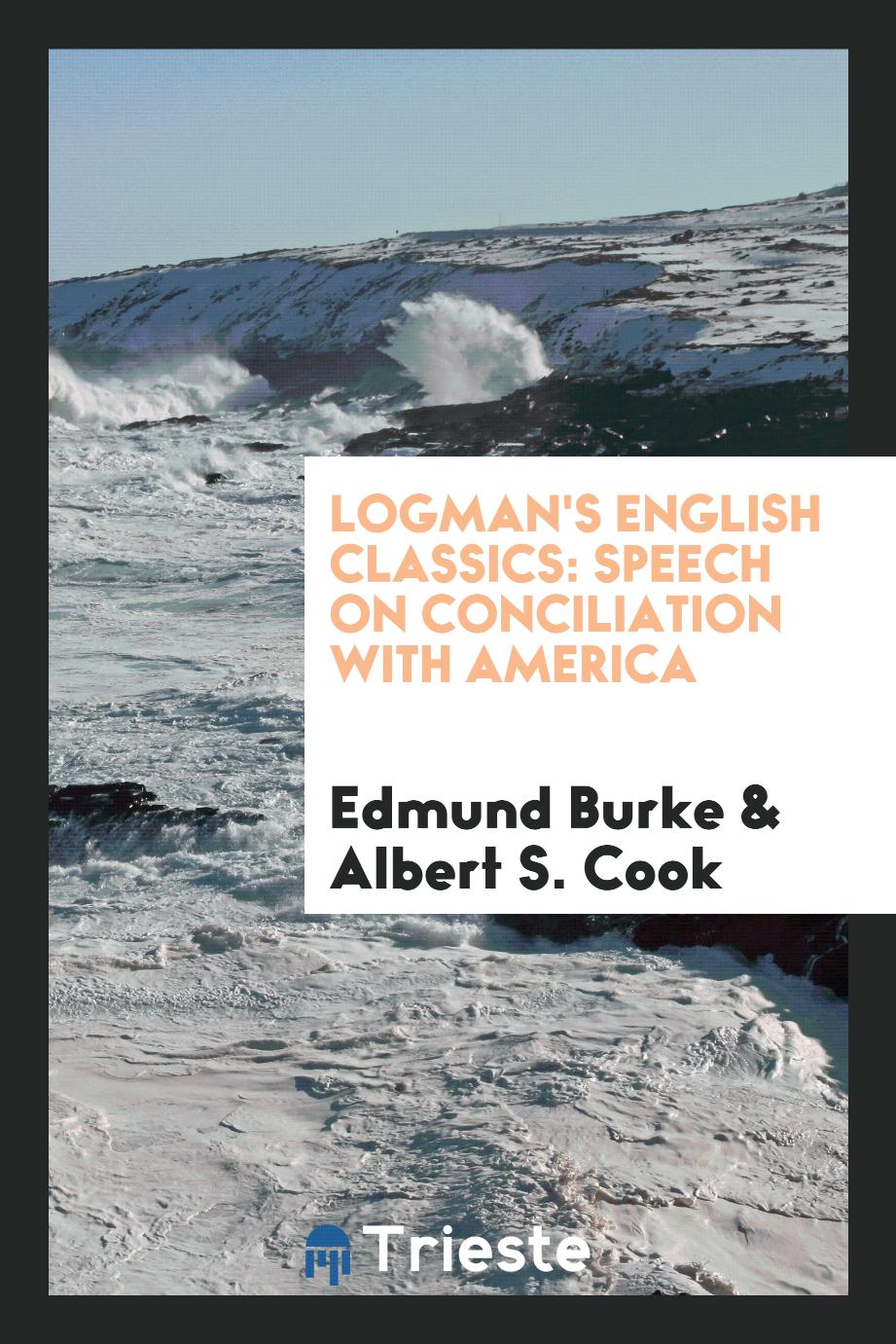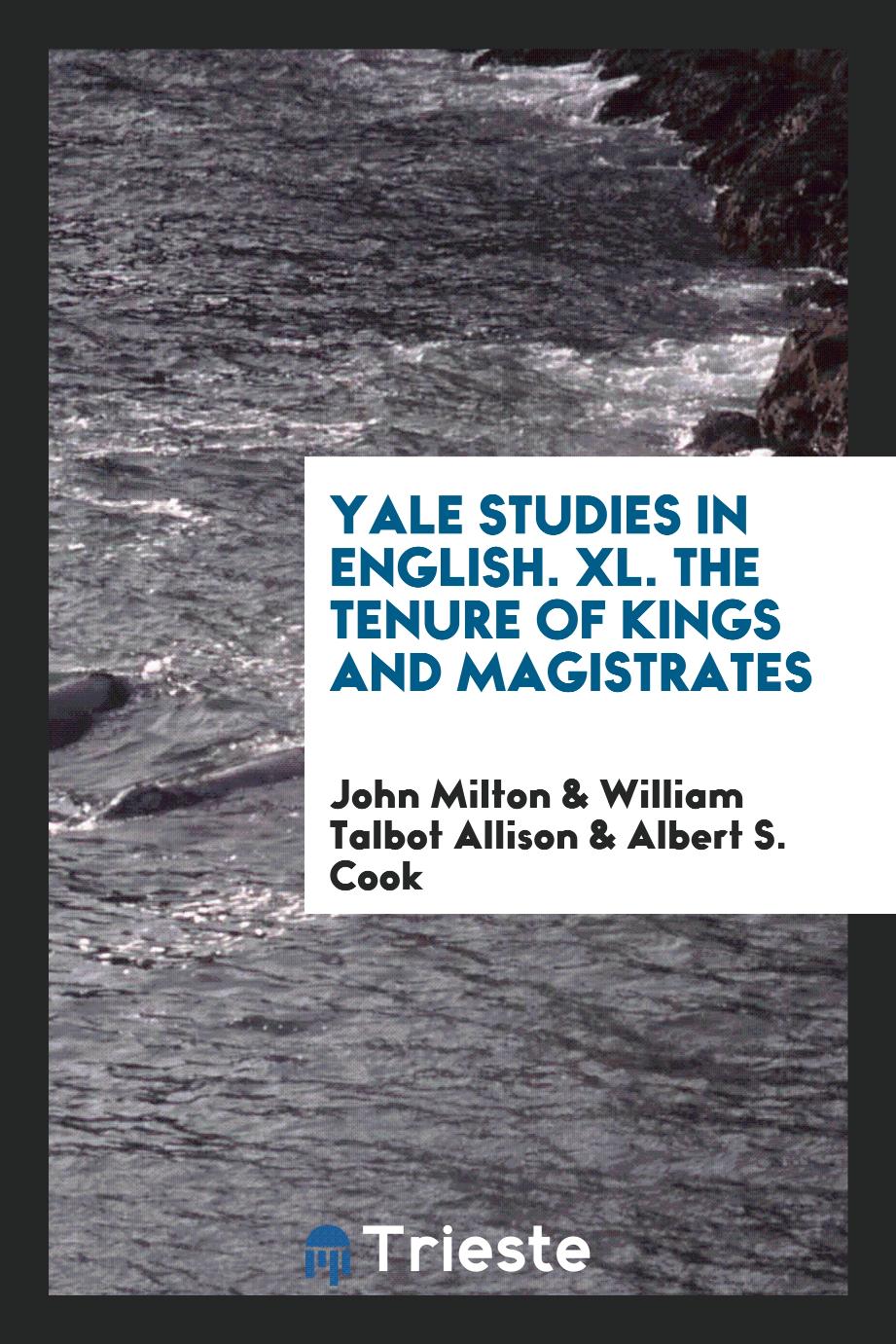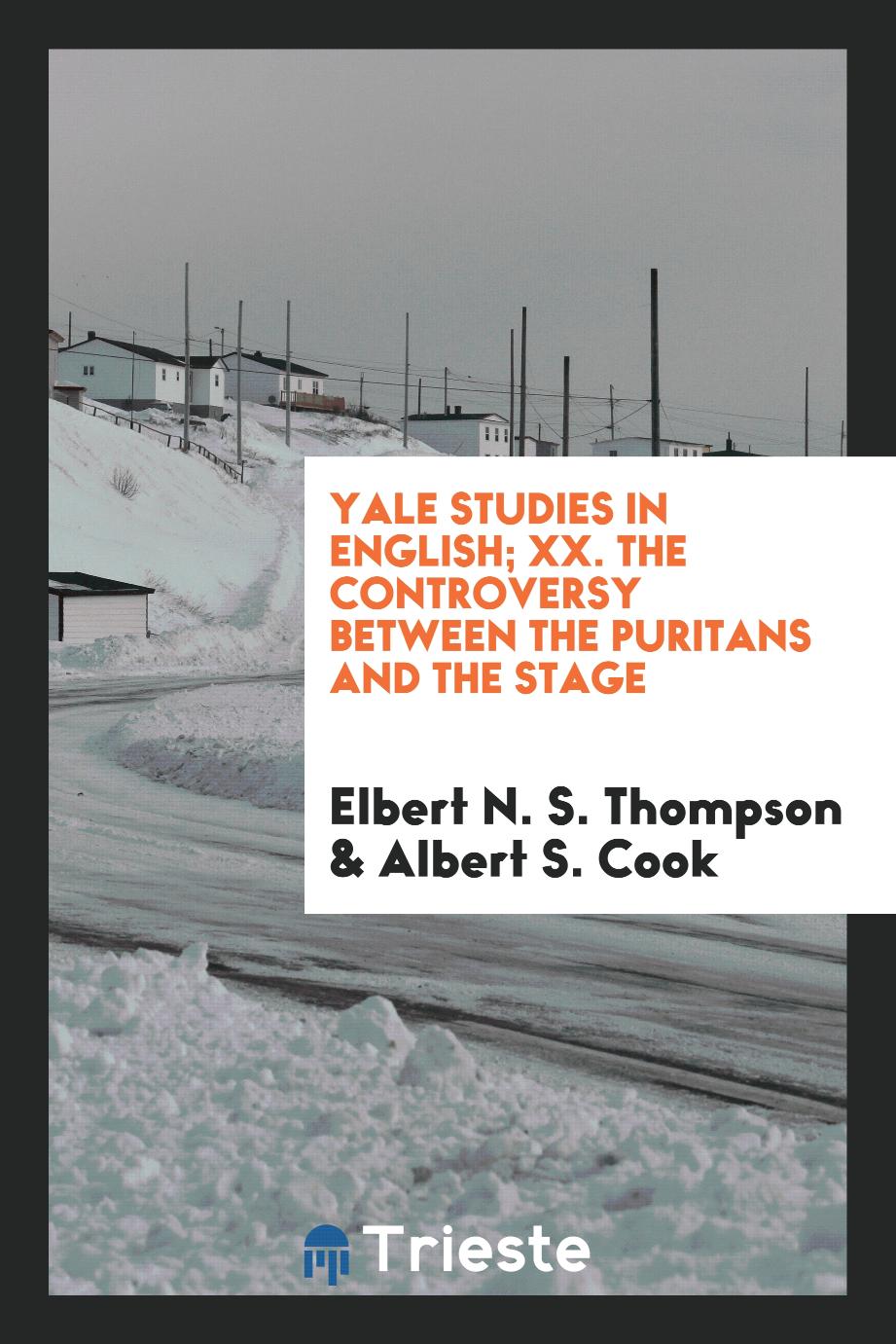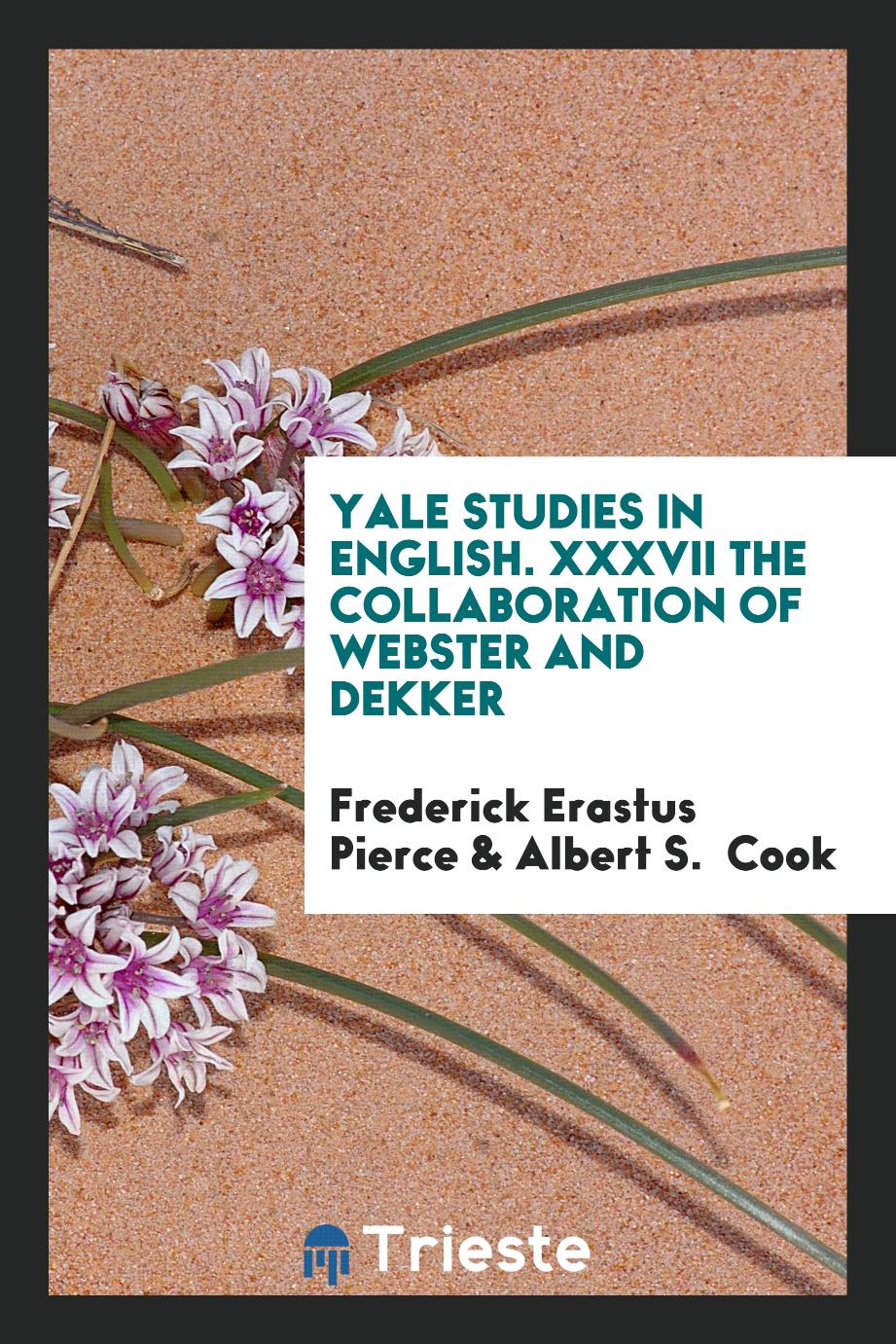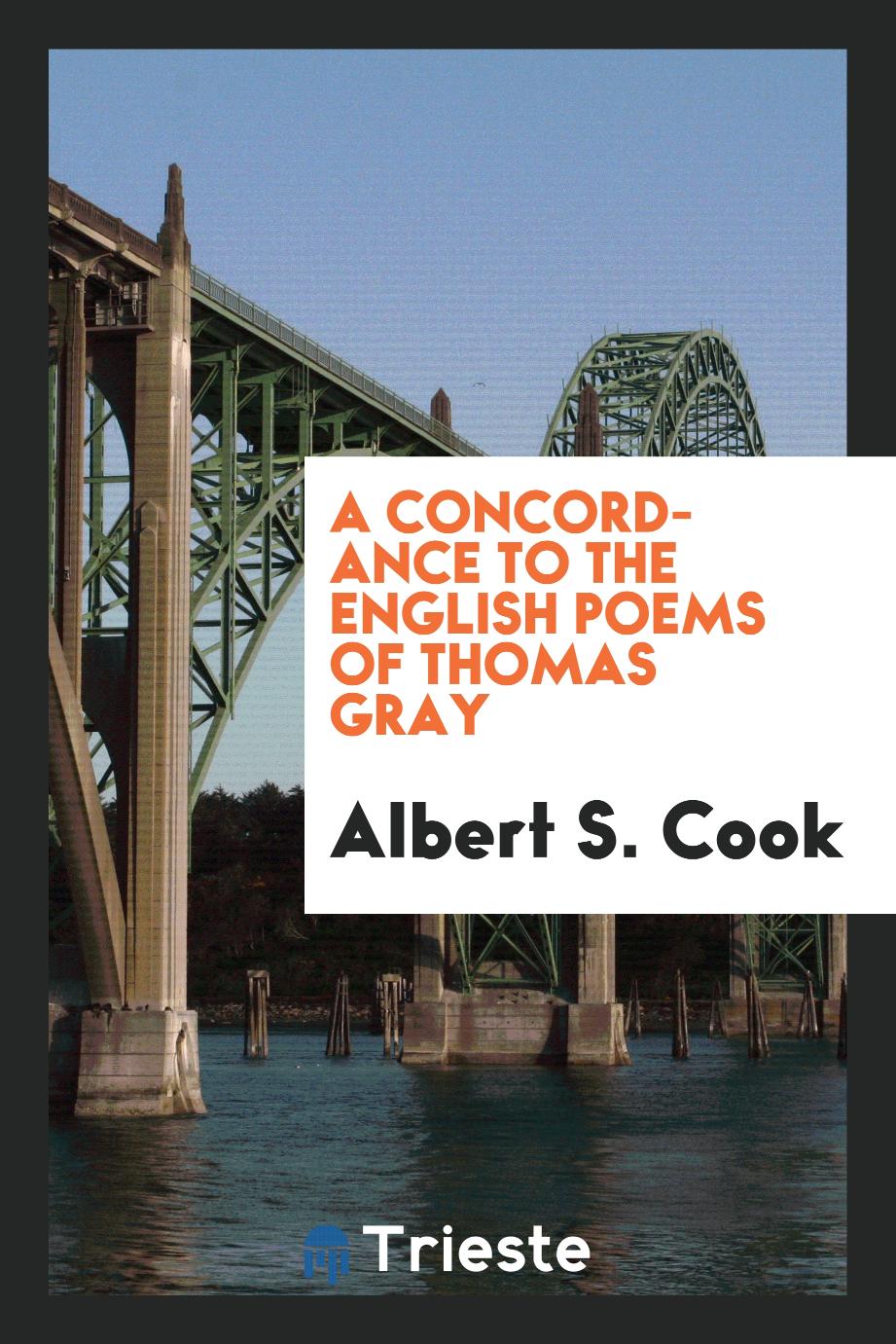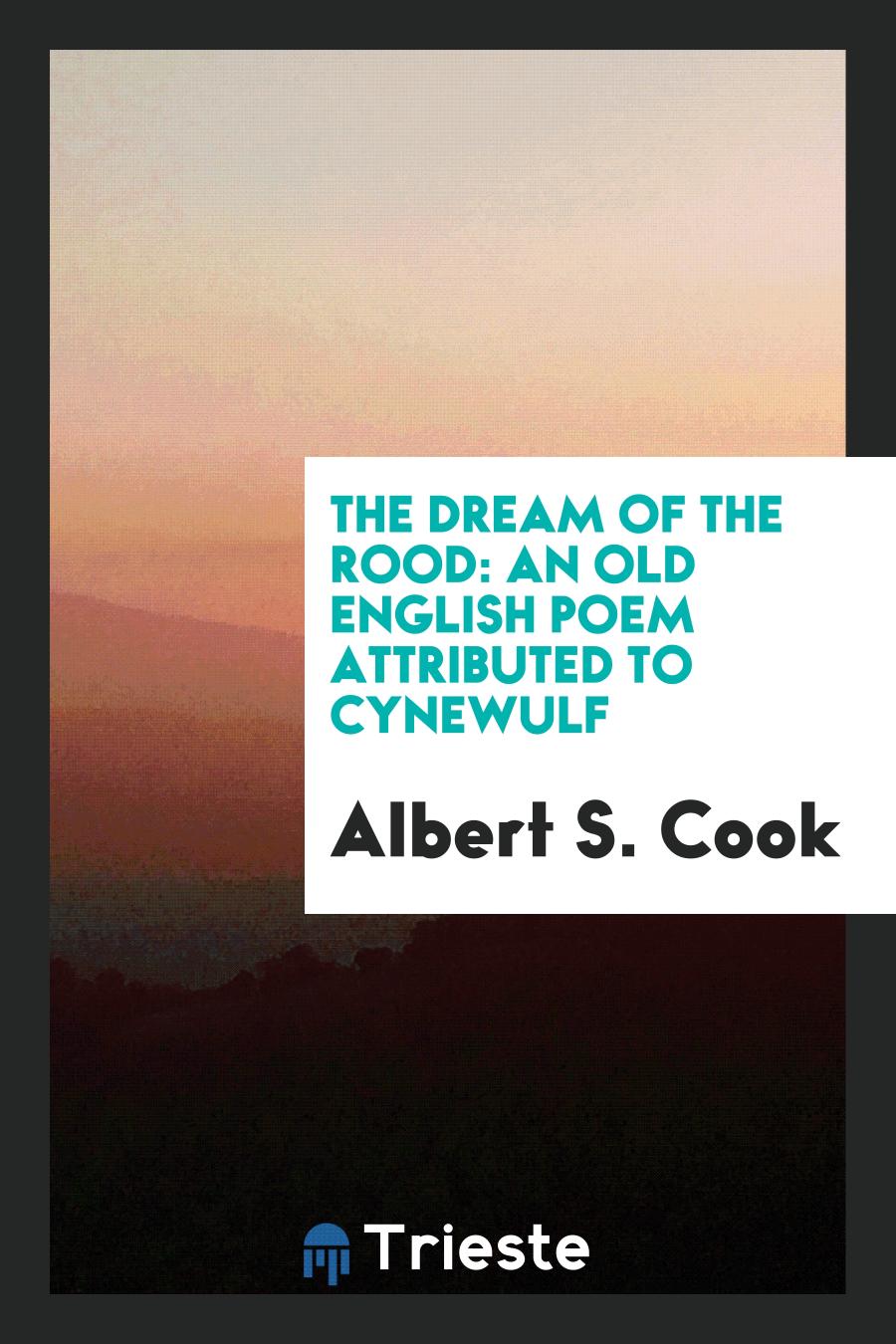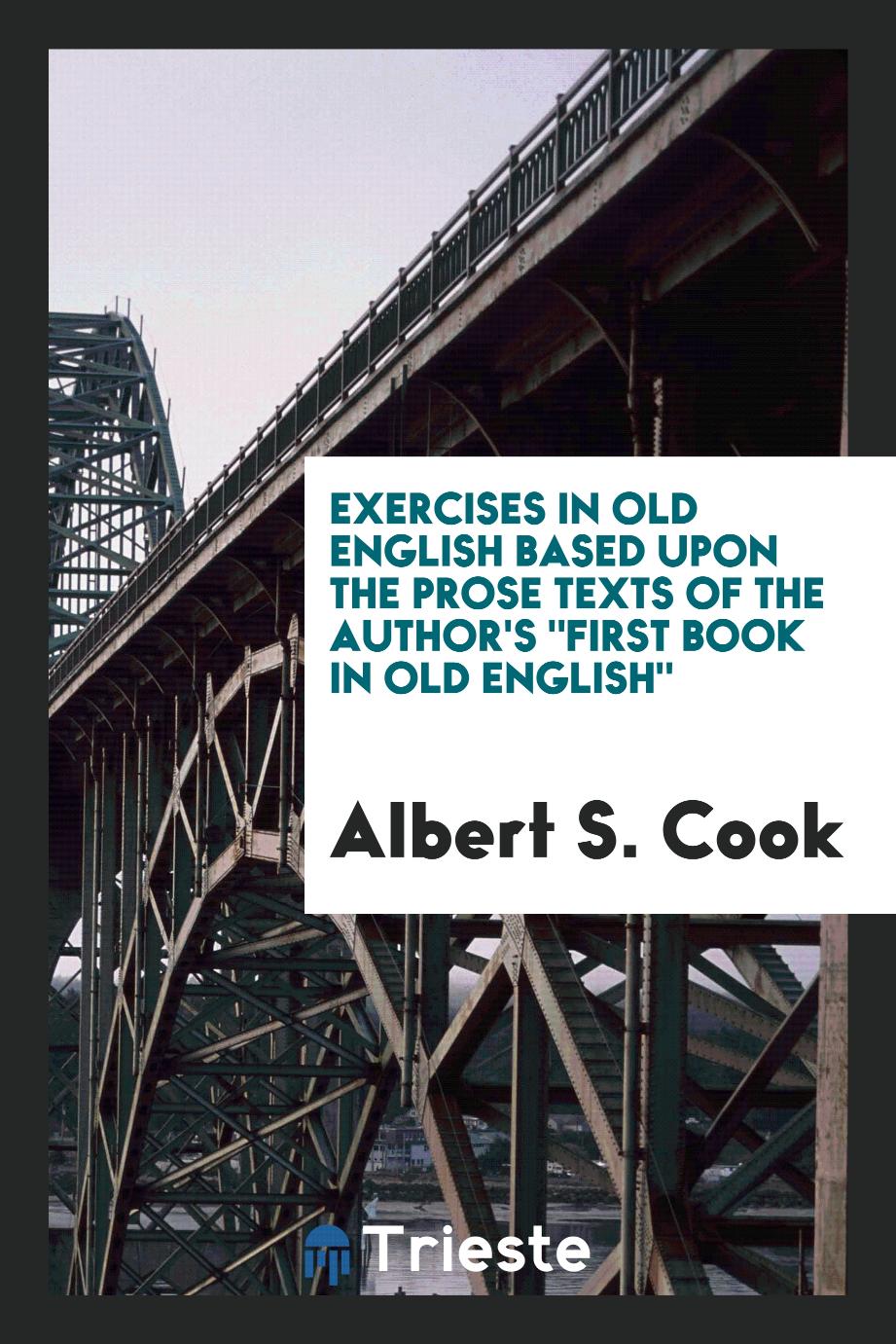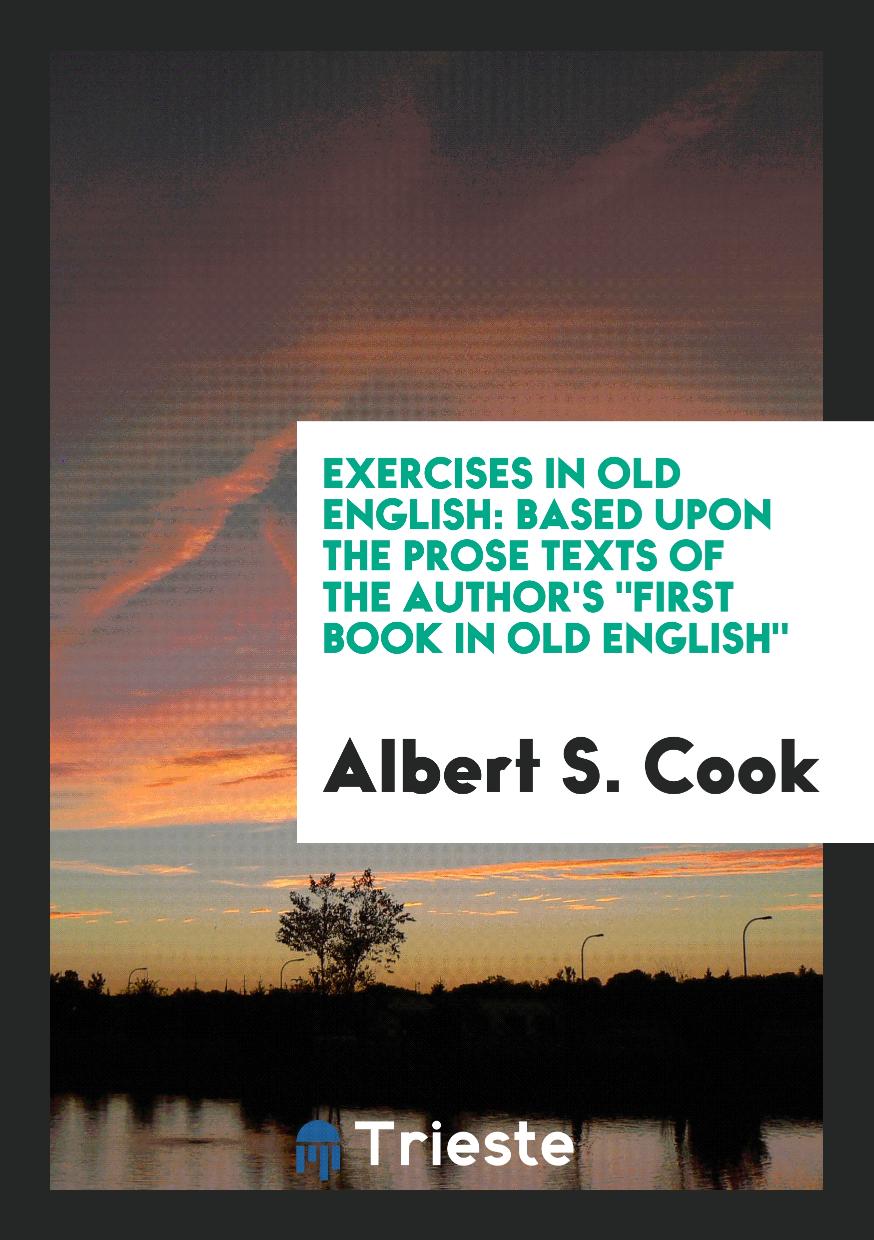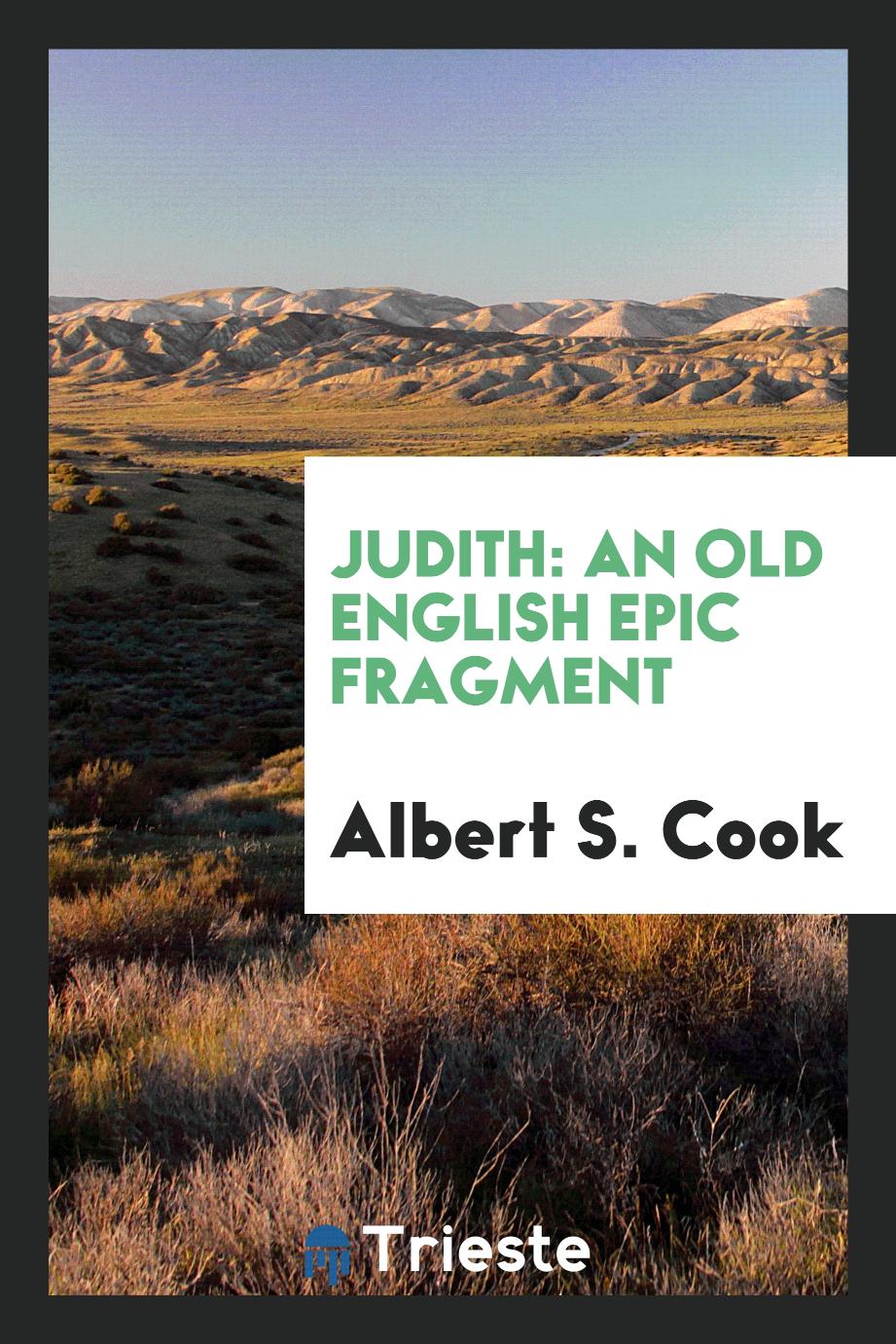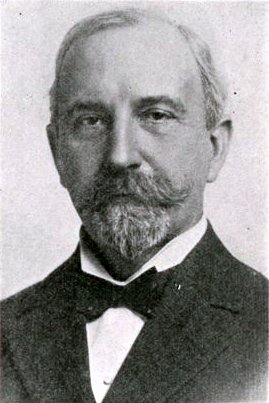
Albert S. Cook
Albert Stanburro Cook (March 6, 1853 - September 1, 1927) was an American philologist, literary critic and researcher of the Old English language. He was called "the most influential American Anglo-Saxonist of the nineteenth and twentieth centuries." Cook was born in Montville, New Jersey. He began working as a mathematics teacher at the age of sixteen, and before entering college he was offered to teach chemistry in Fukui, Japan. In 1872, he graduated from Rutgers College with a bachelor of science degree, wrote a dissertation on the subject “Inclined planes of the Morris Canal,” and taught at the Freehold Academy there, while also receiving a master's degree in science. Having already studied German, he continued to study in Göttingen and Leipzig from 1877 to 1878, where he began to study languages, including Latin, Greek, Italian and Old English. He returned to the United States for two years as a junior English specialist at Johns Hopkins University, then in 1881 he spent with the phonetic Henry Sweet in London, studying the manuscripts of Sinewulf and the Old Northumbrian Gospel at the British Museum. This work allowed him to earn a Ph.D. in 1882 from the University of Jena, where he studied with Edward Sievers. Cook became a professor of English at the University of California in 1882, where he reorganized the teaching of English in the state of California, introduced English language requirements for admission to universities, and edited many texts for reading in high schools. He became the Chair of English Language and Literature at Yale University in 1889, where he remained for thirty-two years until his death and became a prolific editor of major English works and literary criticism.
